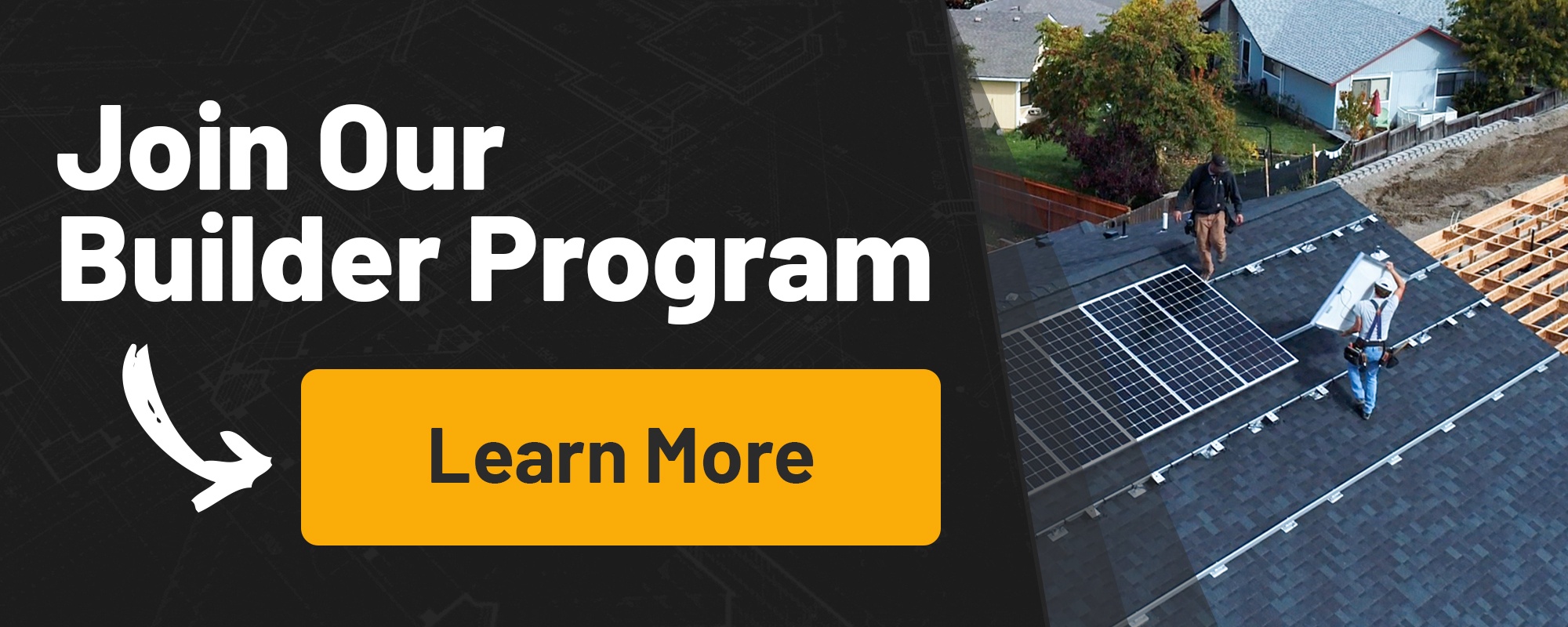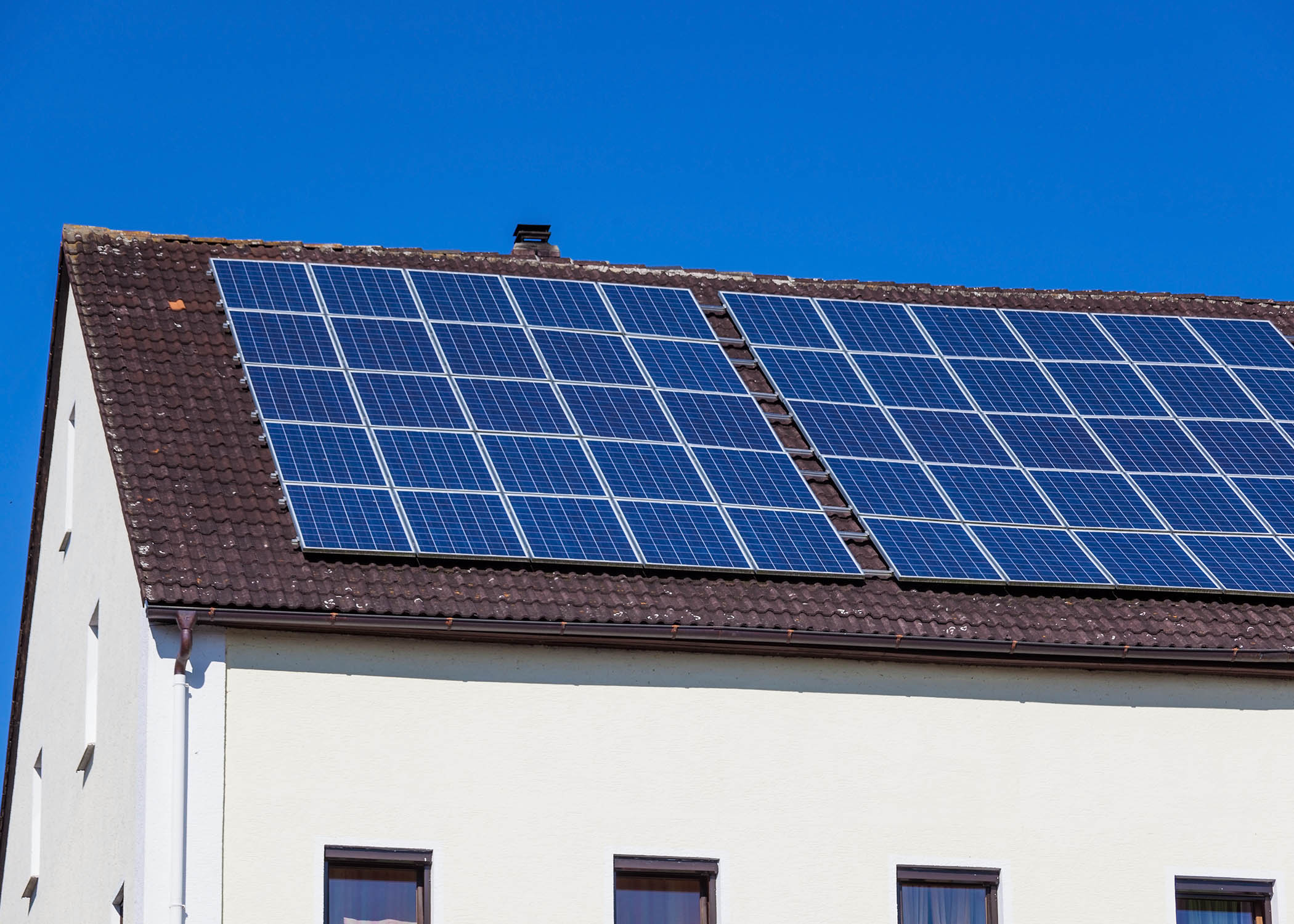Do you remember when you first heard about carbon emissions and the “greenhouse effect”?
It may have been decades ago.
Can you guess when the “greenhouse effect” was first coined?
All the way back in 1827, a French mathematician first used the term.
Tuck that nugget away in case you ever find yourself on Jeopardy.
But as a builder, you’re very away that potential buyers are increasingly concerned about their impact on the environment, and they’re eager to offset their electricity bills.
To no one’s surprise, solar panels are exponentially gaining popularity in the residential sector.
In fact, buyer demand has soared in the last 10 years.

Many builders are capitalizing on this trend and either offering solar installation as an upgrade or constructing new homes with solar as the default energy source.
While buyers are hot to trot for solar, many have questions about solar panels’ home resale value impact.
Read on to find out about the pros and zero cons of solar panels on home resales.
The Pros of Putting Solar on Your Builds
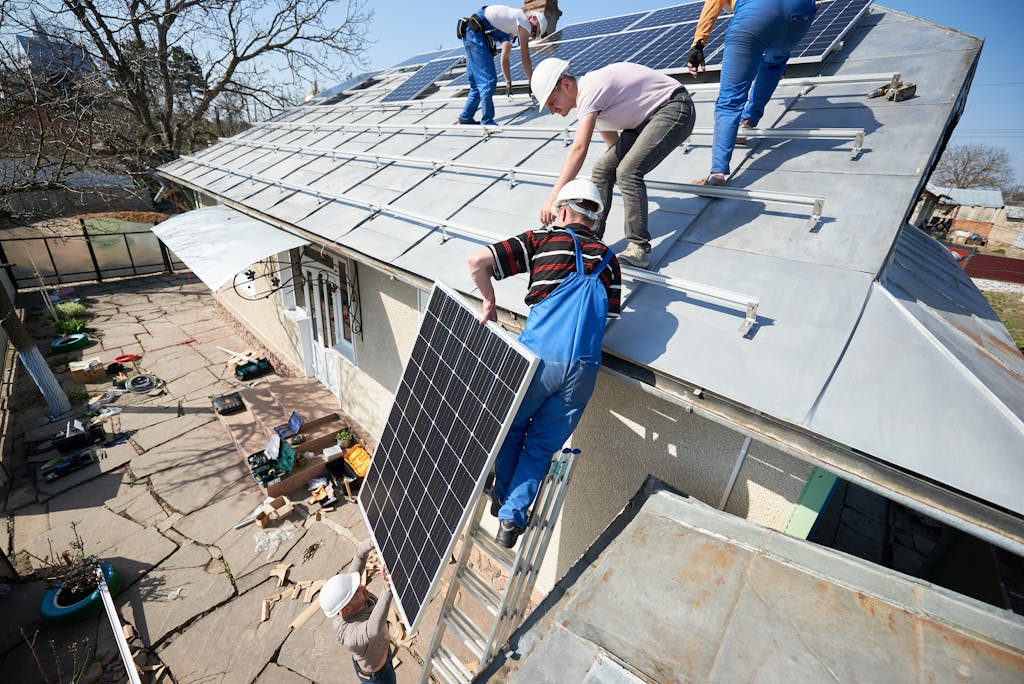
Solar panels add resale value rather than hurt it.
Let’s look at how much.
On average, homeowners see an increase of $20 to their home’s value for every dollar saved on energy bills increase – $4,020 and $5,911 for every kilowatt of solar power.
This translates to 4.1% more in resale value than homes without solar. That’s no small sum.
Several factors impact solar panels’ home resale value, including:
- Electricity costs
- Location
- System installation and replacement costs
- Power outage frequency
- Level of community environmental consciousness
- Federal and local incentives
- Solar system age
Ultimately, buyers see solar panels as added value, like a remodeled kitchen, and are willing to pay top dollar for a home with solar power.
And that’s something tangible you can pad your bottom line with.
A Buyer’s Perspective
Buyers view solar power as an upgrade, and it’s one worth paying for.
They consider the long-term savings in utility costs and, in many states, there is an added incentive for buyers.
Currently, 26 states offer property tax exemptions on the value solar panels add to a home. This condition holds for your buyers, as well as in the resale of those properties.
A Homeowner’s Incentives
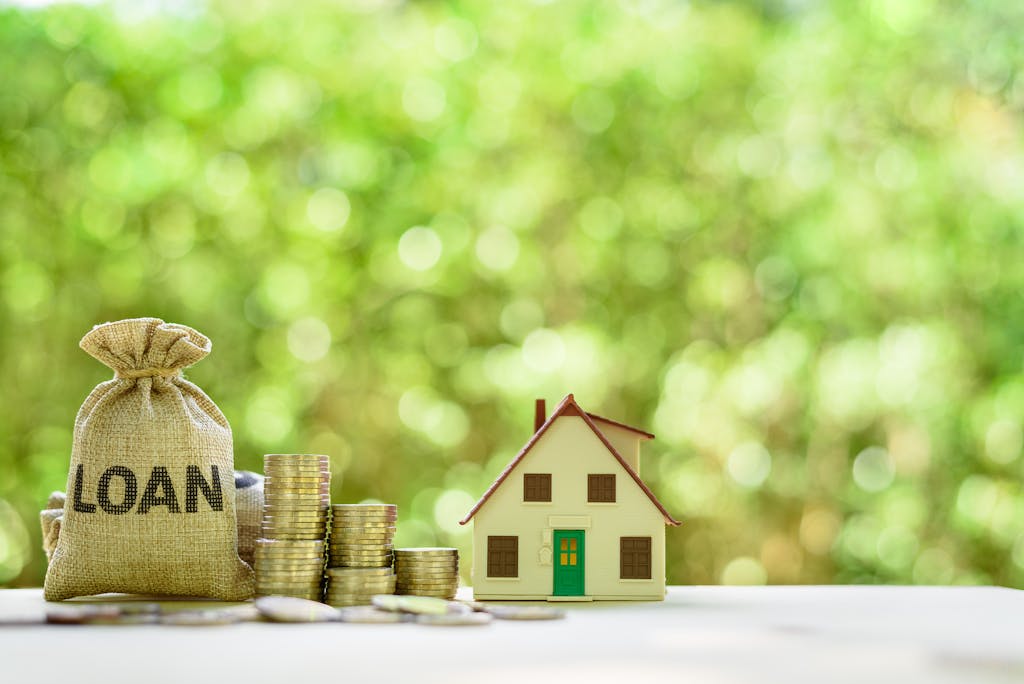
Several other incentives increase the likelihood that buyers will purchase a home that includes solar panels or add them as an upgrade.
For starters, when homeowners decide to sell their home, they get more for their home and sell it 20% faster.
Homeowners concerned about the cost of solar power installation can now roll the cost of installation into their mortgage.
The federal government implemented a policy that makes it easier to finance solar panel system installation. With this program, the cost of the system is spread out over the term of the loan.
There are limits.
The system’s cost cannot exceed 20% of the home’s value; the homeowner must own the system and be new.
Solar is simply an additional home feature that pays the customer back over time.
The mortgage option is simple.
A mortgage lowers your customers’ upfront investment, cuts their overall monthly outlays, and puts thousands upon thousands of dollars that should rightfully be in their pocket.
State and federal tax benefits pass on to a new buyer when the homeowner decides to sell.
The Cons of Putting Solar on Your Builds
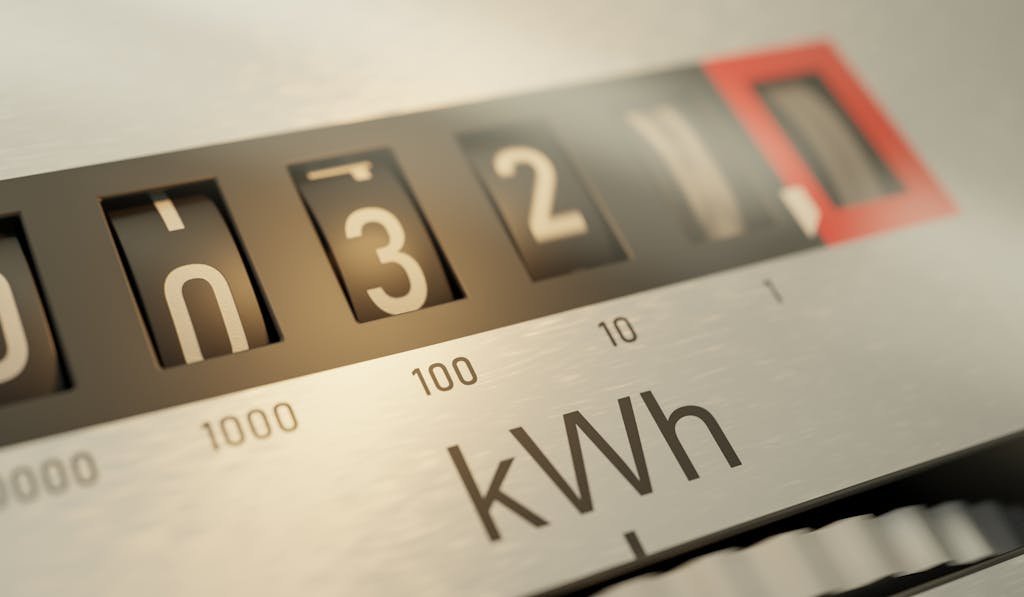
One consideration for homeowners is whether or not potential buyers would be able to afford their homes when reselling them.
While homes with solar panels tend to sell faster and for more money, one consideration is how many potential buyers would be priced out of a house with solar panels.
The percentage is potentially less in places where homes are priced higher than in areas where home prices are significantly below median sales prices.
Another potential downside to the impact of solar panels’ home resale value is that systems experience a reduction in efficiency over time.
However, it could take 20 years or more before homeowners notice a difference in how much electricity they can pull from their panels.
This is no different than other home systems, such as a water heater or the HVAC system.
It is worth noting that in those 20 years, homeowners accrue significant savings on utility costs and, in some places, property tax savings.
Leasing (don’t do it) vs. Buying

Instead of buying the solar panels at purchase, homeowners could lease the equipment the same way they would lease a car.
The homeowner pays a monthly lease payment to the builder or the solar installer, as most builders partner with a solar energy provider.
In this case, the homeowner doesn’t own the panels, and their agreement comes with terms and conditions that vary depending on the provider and location.
Contracts are typically 20 years in length, which is no small commitment.
Be aware that there are several negatives to leasing solar panels, and it should be avoided at all costs.
This is because your buyer misses out on all the benefits of reduced solar costs over time and financial incentives.
Third-party lease agreements come with 2% – 3% annual escalation rates that have your buyer paying more than twice as much as it would have cost them to purchase the system themselves and finance it.
Your buyer is giving the lender thousands upon thousands of dollars that should rightfully be in your buyer’s pocket or their bank account.
Now, that’s completely insane and a con job.
When they want to sell their home, the new buyer must be willing to take on the costly contract, which could hold up the sale.
If a new buyer doesn’t want to bear this financial burden, the seller could pay an arm and a leg to get out (think of the movie “Saw”).
Location, Location, Location

As a builder, it’s helpful to understand how location factors solar panels’ home resale value.
The price of electricity and local utility company rates can significantly influence how much solar panels increase a home’s resale value.
Electricity Cost Factors
In areas where the cost of electricity is high, solar panels add more value for homeowners.
In some regions, homeowners can save as much as $30,000 in utility costs over the system’s life expectancy.
These savings alone can drive up the value of a home with solar panels.
State Differences
Every state is different in terms of how much solar panels affect a home’s resale value.
According to a 2019 study, homeowners in 10 states reap greater resale benefits for solar installations, and these are:
#1: New Jersey $32,281 for homes at the median value, or 9.9%
#2: Louisiana at $7,037 for homes at the median value, or 4.9%
#3: Pennsylvania $8,589 for homes at the median value, or 4.9%
#4: North Carolina $8,996 for homes at the median value, or 4.8%
#5: Washington $15,916 for homes at the median value, or 4.1%
#6: Florida $9,454 for homes at the median value, or 4%
#7: Hawaii $24,526 for homes at the median value, or 4%
#8: Maryland $10,976 for homes at the median value, or 3.8%
#9: New York $10,981 for homes at the median value, or 3.6%
#10: South Carolina $5,866 for homes at the median value, or 3.5%
For homeowners in these states, the incentive to purchase a new home with solar panels is high, particularly in places that offer additional property tax incentives.
Unfortunately, this doesn’t include Pennsylvania, Washington, or South Carolina.
A Proper Appraisal

When homeowners decide to sell their homes, they need to factor in their solar system.
While we’ve already established that home resale value increases with solar panels, the seller still needs to ensure that their appraiser is well-versed in solar technology.
Taking the time to find someone who knows how to value a solar power system will help them establish a fair and accurate asking price for their home.
There are three basic approaches to determining the overall value of residential solar:
- Cost approach
- Cost-comparison approach
- Income approach
In searching for an appraiser, homeowners should look for one who uses the income approach.
This method examines how much income the system will generate for a homeowner over its lifespan and calculate the solar panels’ resale value hike.
The Company To Turn to for Solar
Homebuyers are looking for solar because they gain:
- A lifetime of savings on electricity bills (and the system pays for itself)
- Less dependence on utility companies
- The opportunity to send excess power back to the utility company for credits
- A minimum 4% increase in the value of their home
- A quicker home sale if they own the system
- A reduced carbon footprint
And being the builder, solar substantially benefits you, too:
- Attract more buyers to your homes
- Increase profits by 4.1% per home
- Sell your homes 20% faster
- Put money in your pocket with federal and local incentives
Unbound Solar’s industry-leading Homebuilder Partnership Program will handle the solar piece and let you focus on what you do best: building in-demand, high-quality homes.
Let us help you increase your profit margins by seamlessly incorporating solar into your current build process.
Contact us today for a free consultation!
